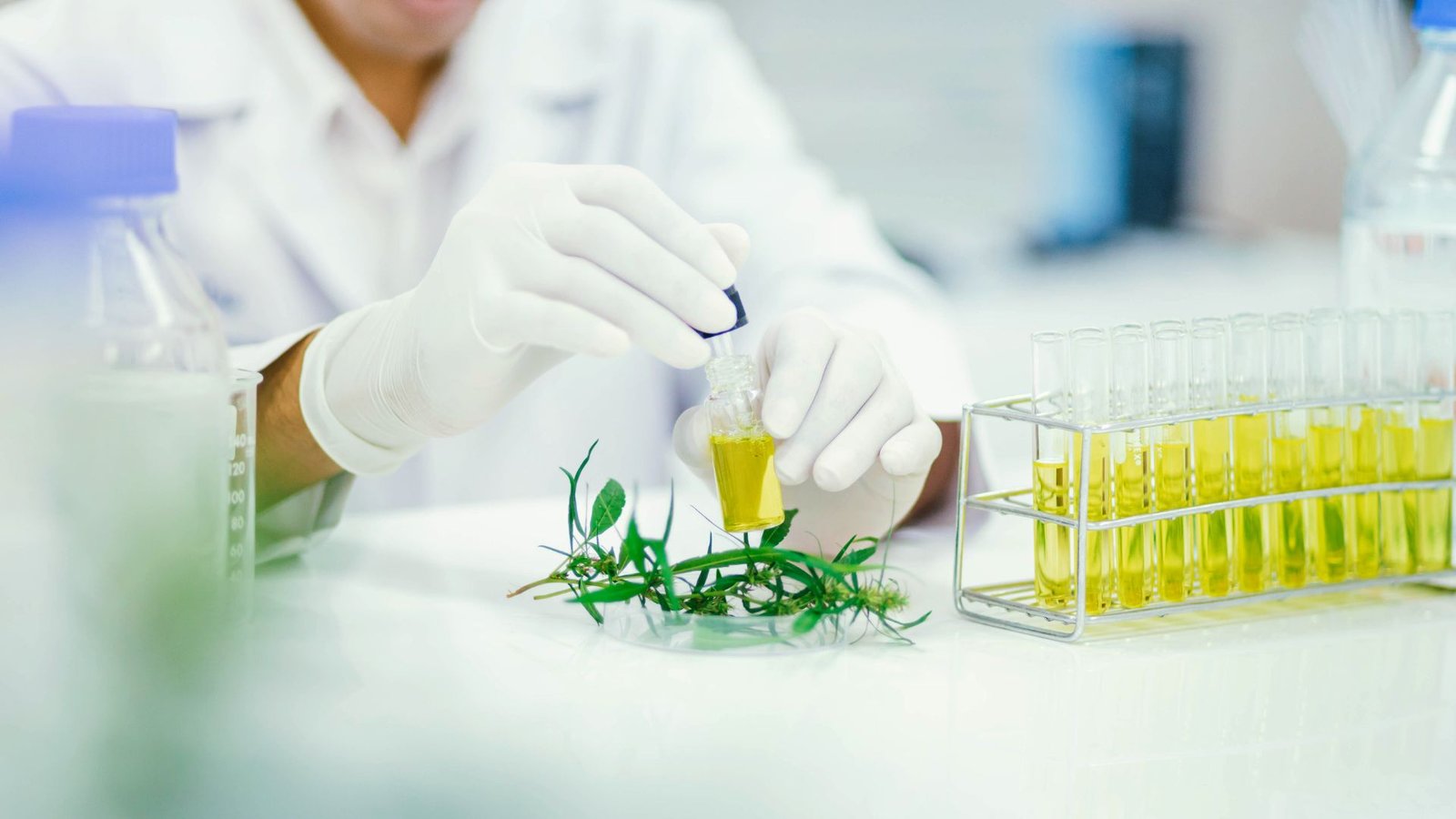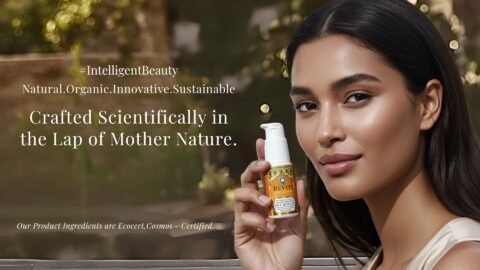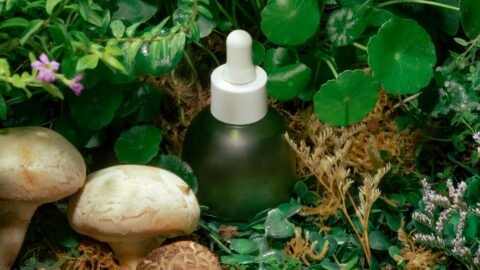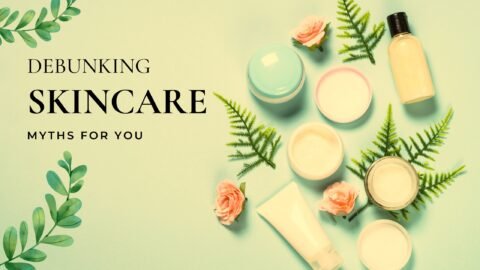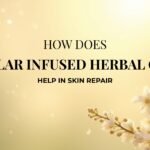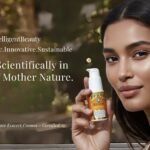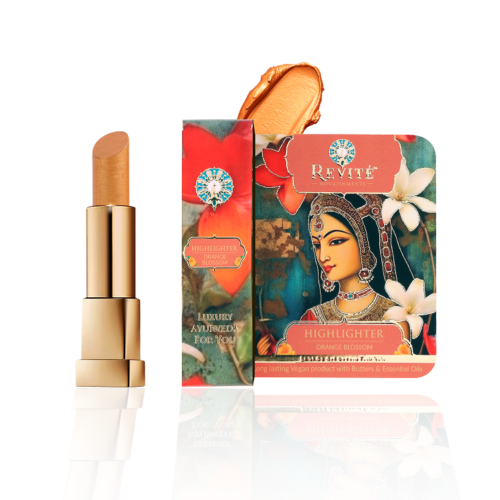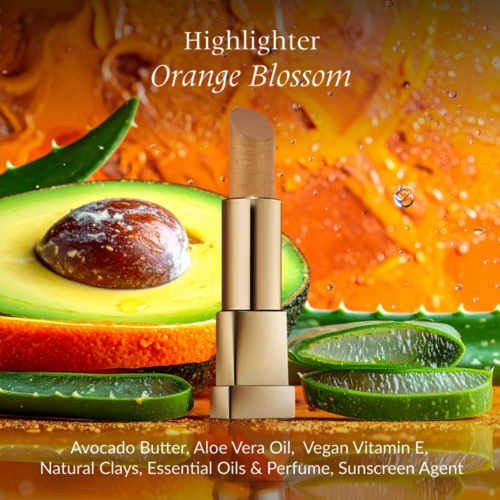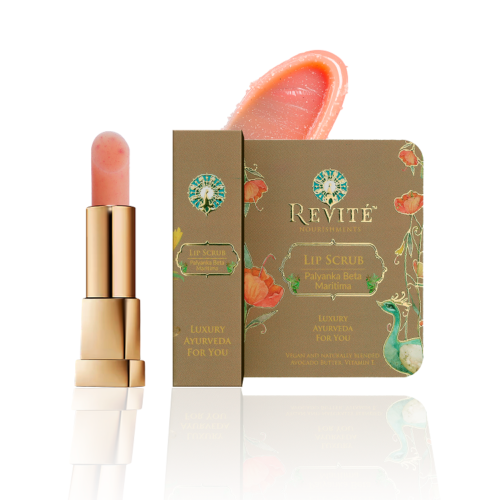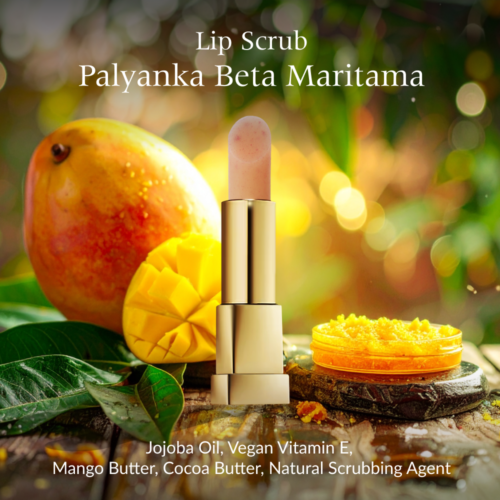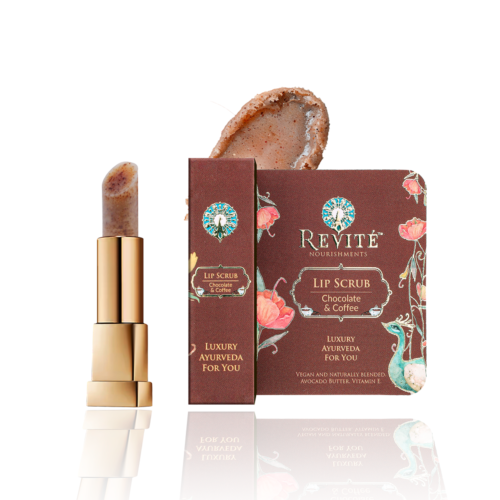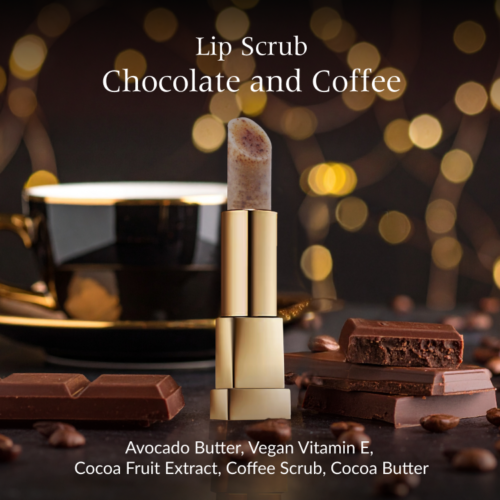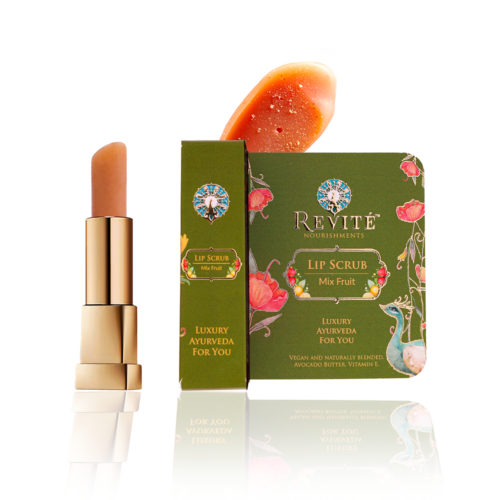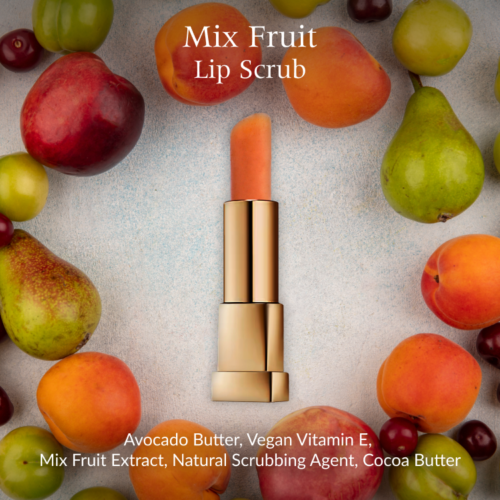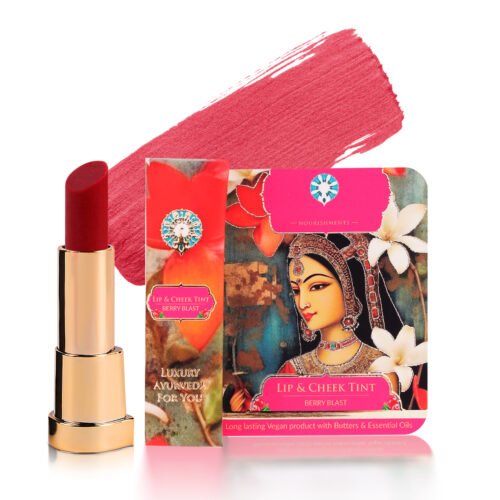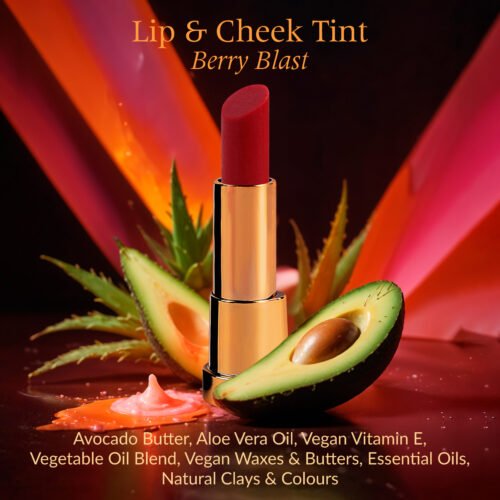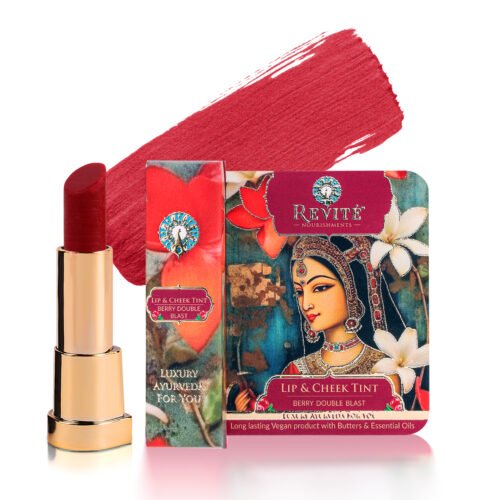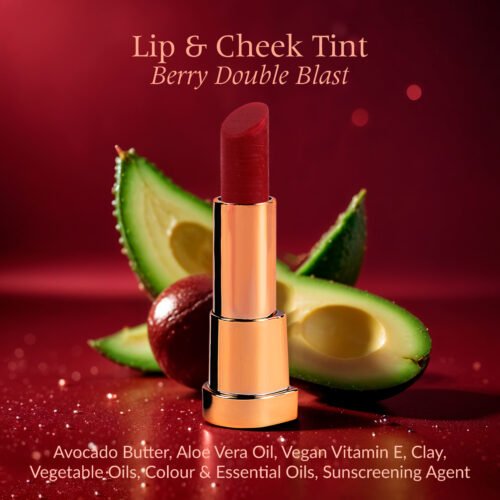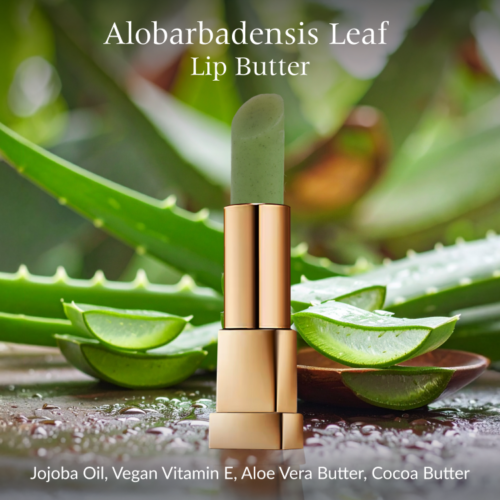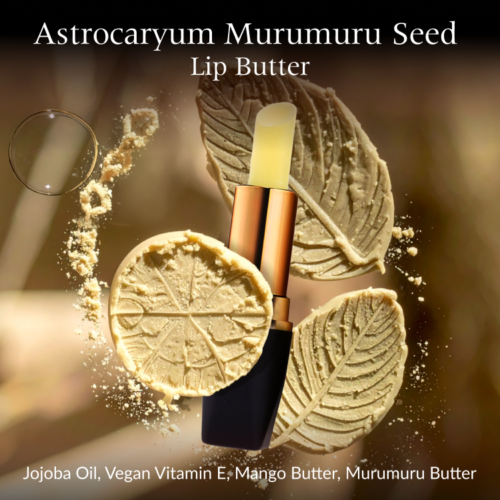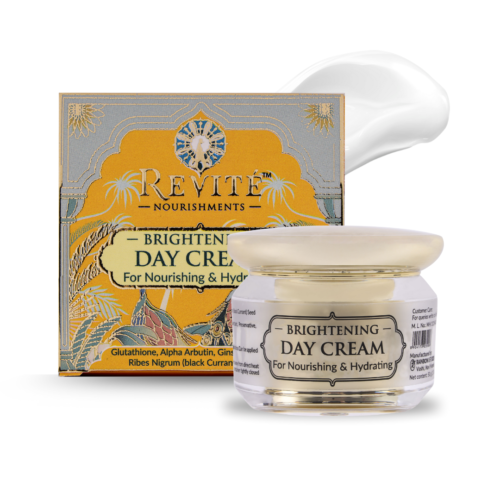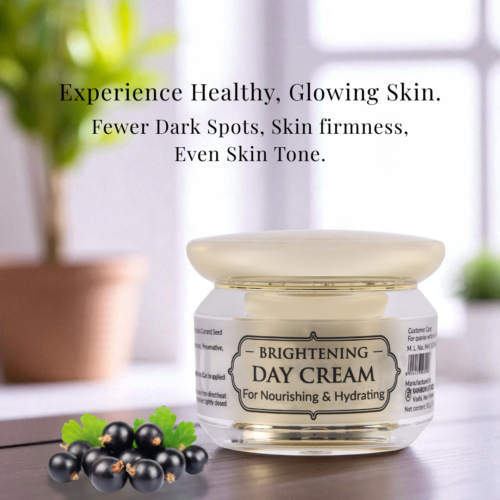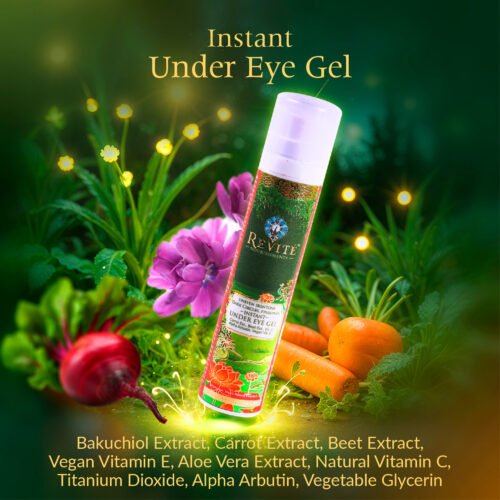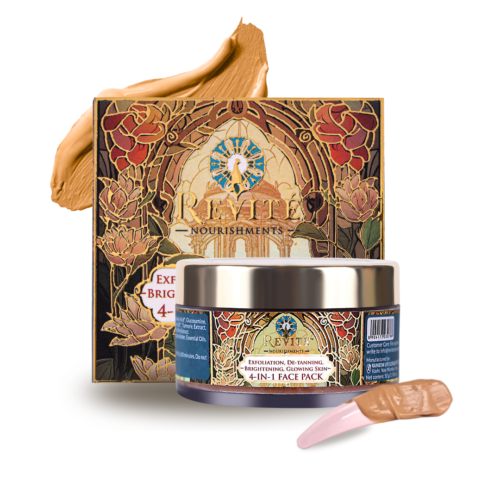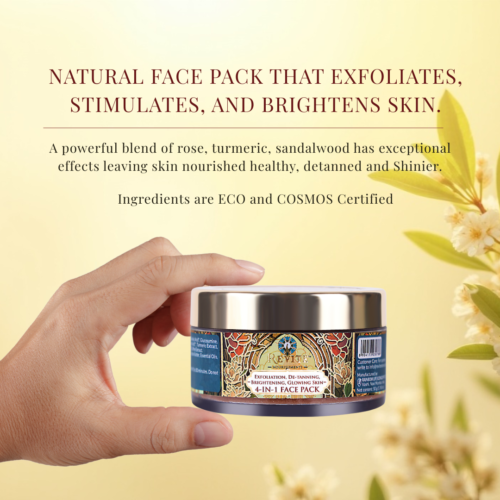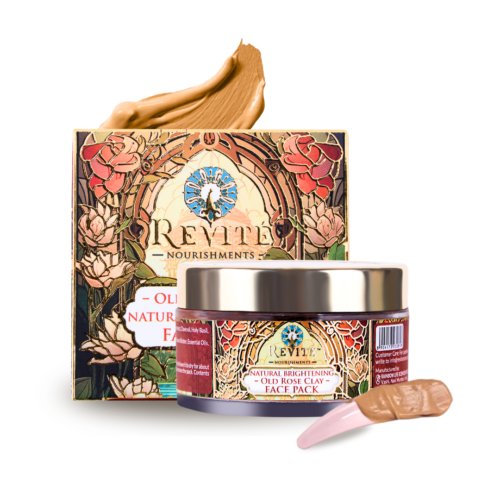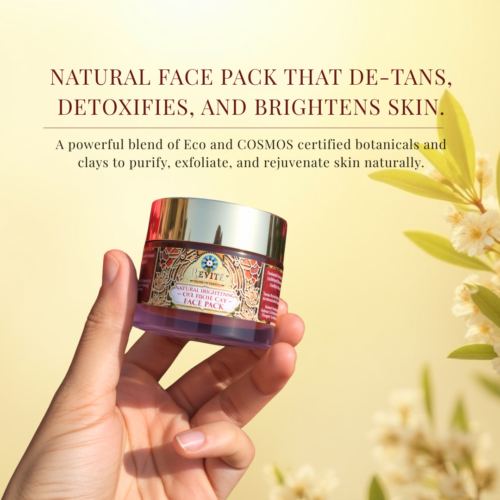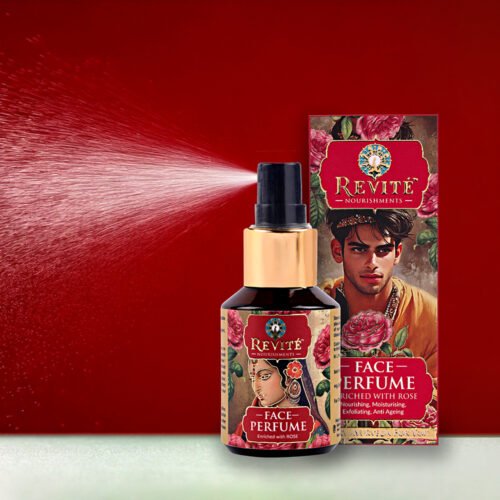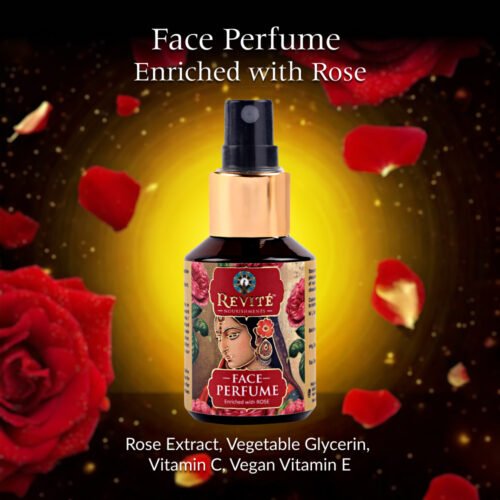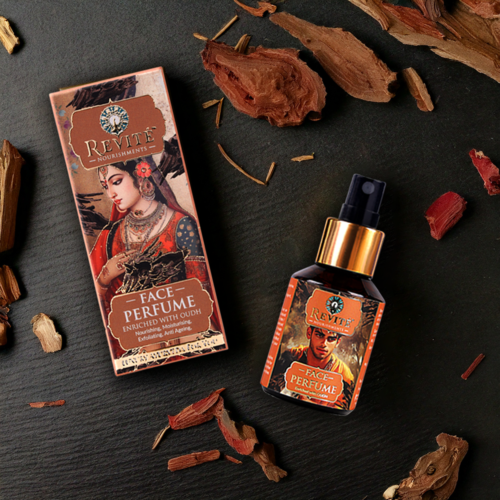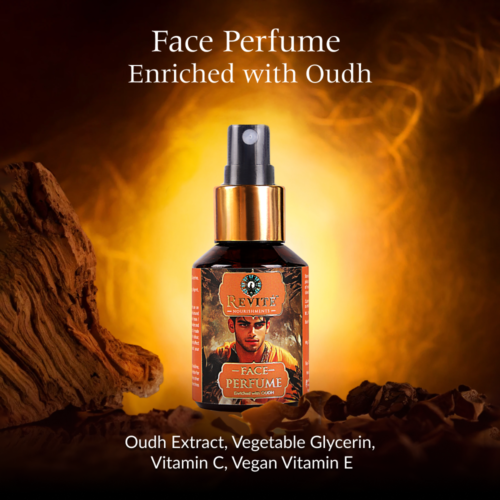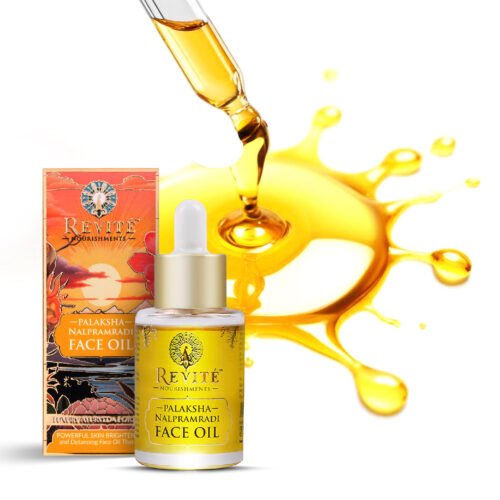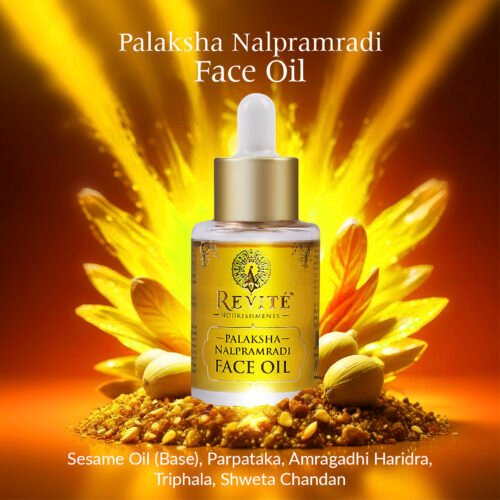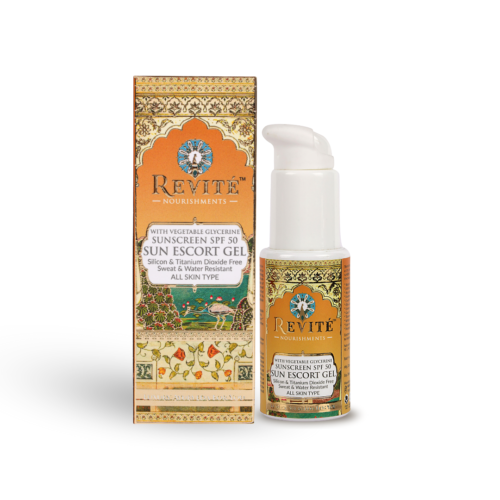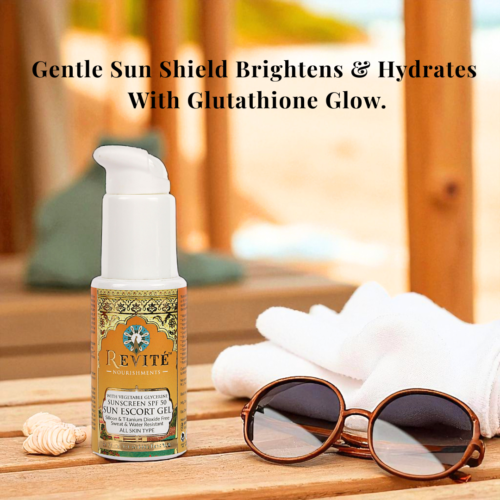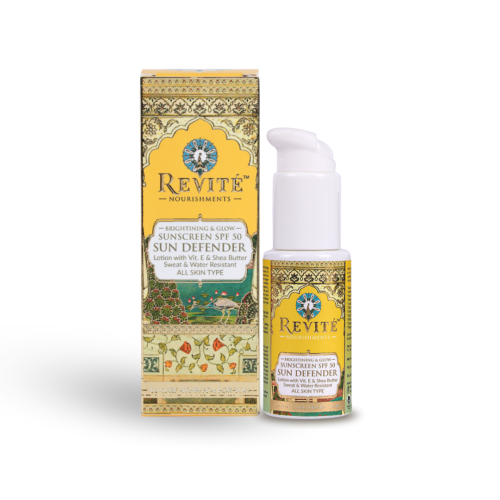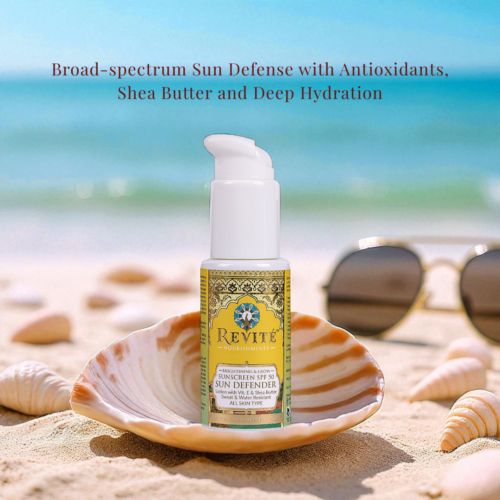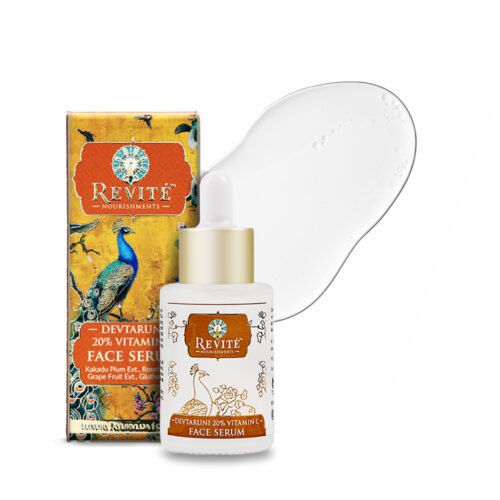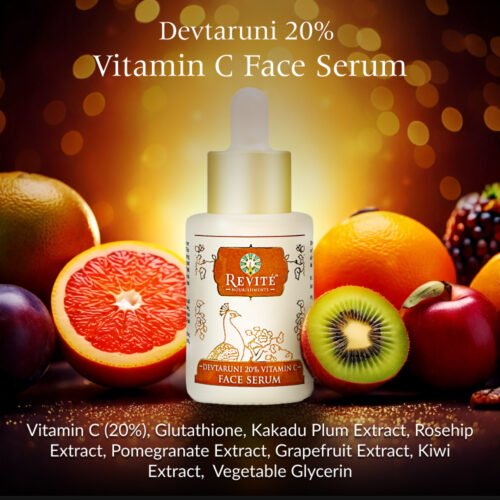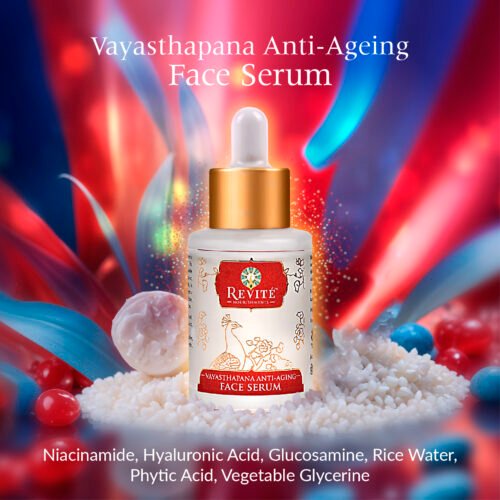In recent years, the skincare industry has seen a surge in products labelled as natural, organic, clean, and vegan. Walk into any beauty store today, and you’ll find a range of products promising plant-based purity and chemical-free formulations. But how many of these claims actually hold up under scrutiny?
The truth is — not all products marketed as ‘natural’ or ‘organic’ are genuinely safe, ethically sourced, or environmentally friendly. Behind those appealing labels can lie harsh extraction processes, unethical sourcing, and chemical additives that contradict the very idea of natural skincare.
Let’s uncover the facts behind this growing trend and why certifications like ECOCERT and COSMOS NATURAL & ORGANIC matter more than ever.
The Hidden Side of ‘Natural’ Ingredients
While plant-derived ingredients may sound pure and harmless, the way they’re sourced, extracted, and processed often tells a different story.
Here are some little-known facts:
· Many so-called ‘natural’ ingredients are chemically extracted. Harsh solvents like hexane, acetone, and butane are often used to extract essential oils and botanical actives. These solvents can leave behind harmful residues in skincare products.
· The farming of these botanicals isn’t always organic or sustainable. Pesticides, synthetic fertilizers, and water-intensive farming practices can harm local ecosystems and deplete soil quality, all while the end product is marketed as ‘natural’.
· Animal derivatives sometimes hide behind plant-based claims. Ingredients like glycerine, squalene, and collagen may come from animal sources unless specifically stated as plant-based or vegan, misleading consumers seeking cruelty-free alternatives.
· The supply chain is rarely transparent. Many brands do not disclose how or where their ingredients are sourced, making it difficult for consumers to know whether workers were paid fair wages, whether harvesting practices were ethical, or whether the environment was harmed in the process.
Why ‘Organic’ Claims Alone Are Not Enough
Not every product claiming to be ‘organic’ meets strict safety, environmental, or ethical standards.
Here’s why:
· In many countries, the term ‘organic’ isn’t tightly regulated in the beauty industry. Unlike the food industry, where certified organic standards are clearly defined, skincare brands can loosely use the word ‘organic’ without meeting any globally recognized criteria.
· Even products with organic ingredients can contain harmful additives. Parabens, synthetic fragrances, and petrochemicals can still be present in products boasting a few organic ingredients.
· The extraction process often compromises the purity of organic ingredients. If harsh chemicals or unethical labour practices are used in the harvesting and production process, the final ingredient can hardly be considered truly organic in spirit, even if it began that way.
The Importance of Third-Party Certifications
This is where globally recognized certifications step in — as a guarantee that what you’re buying is genuinely natural, organic, safe, and ethically produced.
At Revité Nourishments, we’ve built our brand on this foundation. All our products proudly carry ECOCERT and COSMOS NATURAL & ORGANIC Certifications, which aren’t easy to earn — and for good reason.
Here’s what these certifications mean:
ECOCERT Certification
- Verifies that both ingredients and manufacturing processes follow strict environmental and social standards.
- Requires that a minimum of 95% of ingredients are of natural origin.
- Ensures that packaging is recyclable and environmentally friendly.
- Audits ethical sourcing practices and ensures fair working conditions for farmers and workers.
COSMOS NATURAL & ORGANIC Certification
- Guarantees that products are free from GMOs, synthetic dyes, artificial fragrances, and petrochemical derivatives.
- Certifies that a certain percentage of plant-based ingredients are organically grown.
- Checks that the entire product lifecycle — from seed to final packaging — is sustainable, safe, and transparent.
- Upholds animal welfare standards and certifies cruelty-free, vegan formulations where applicable.

